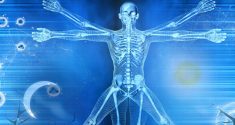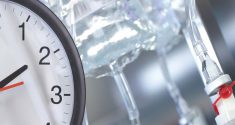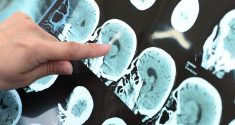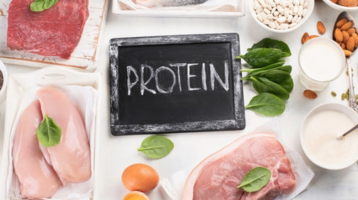Chronobiology is the branch of biology dedicated to understanding how our internal clock interacts with external cues in the environment. The alternation between light and darkness is the most prominent external cue. When the cues are weak, the body’s key functions can fall out of sync. When dietary problems are factored in, one can experience metabolic disorders, sleep disturbances and hormonal changes among other problems. Additionally, lack of sleep and changes in alertness can affect the person’s health over time and heighten risks for certain chronic conditions like heart disease.
Chronobiology and Diet
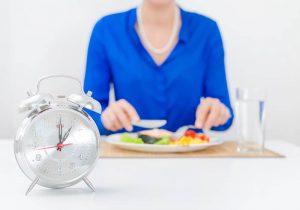 We have known that the body is sensitive to our diet for a long time. Recent research in chronobiology reveals that there are two dietary factors that can affect the body’s rhythm. What is eaten combined with when foods are eaten ultimately affect the person’s internal clock. The body’s key organs function at their best during certain times of the day. Studies show that it is possible to train the body by eating certain meals at certain times each day to improve the body’s digestive performance and reduce the risk of gastrointestinal issues.
We have known that the body is sensitive to our diet for a long time. Recent research in chronobiology reveals that there are two dietary factors that can affect the body’s rhythm. What is eaten combined with when foods are eaten ultimately affect the person’s internal clock. The body’s key organs function at their best during certain times of the day. Studies show that it is possible to train the body by eating certain meals at certain times each day to improve the body’s digestive performance and reduce the risk of gastrointestinal issues.
When One Eats
Research supports the theory that there may be broad implications for eating at night. Some medical professionals suggest that fasting during the late night hours can be an important weight management step to take. Researchers from the Salk Institute recommend a time-restricted diet, confining eating to 8-12 hour periods.
Scheduling meals earlier during the day has also proven to be a viable way to reduce chances of weight gain. Approximately 40 percent of the calories should be consumed at lunch before 3 p.m. to continue weight loss. Findings published in the International Journal of Obesity show that people who ate lunch earlier in the day lost more weight than those who ate lunch later in the day. Additionally, those who ate lunch later in the day showed lower insulin sensitivity, which has been associated with the development of type II diabetes.
What One Eats

Although carbohydrates, particularly complex carbohydrates, are a good choice to start your morning with, they are not a good choice to end your day with. Your last meal of the day should consist of protein rich foods such as fish, chicken or turkey, and low carb vegetables such as asparagus, broccoli and bell peppers. By restricting carbohydrates in the evening, your body will release less insulin, a hormone that allows glucose to be used in the cells for energy. When there is no more glucose left in the blood stream, your body resorts to using fat stores to fuel cellular processes. This gives your body the rest of the evening and the whole night to break down fat stores for fuel, thereby helping the body to either maintain or decrease weight. The protein consumed is broken down into amino acids that then have the task of repairing tissues and organs, balancing the body’s pH level and maintaining the immune system.
The complex rhythms of the human body do not work independently of external cues. When you eat and what you eat set in motion a tirade of hormonal fluctuations that can either benefit your overall health and well-being, or throw your circadian rhythm into disarray.
